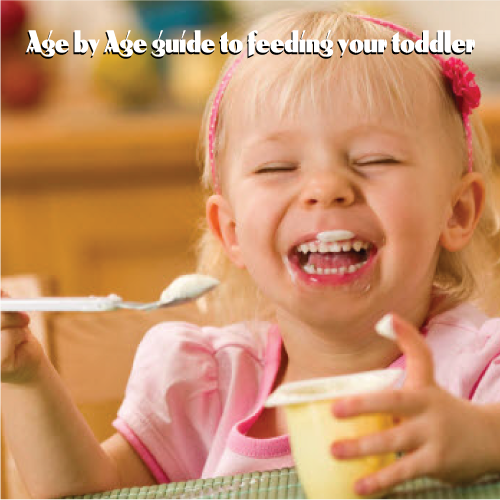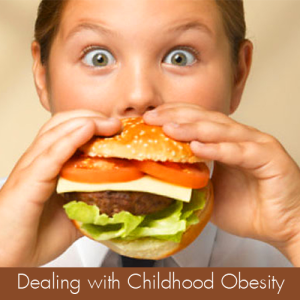One of the greatest joys of life is watching your child grow. After the trials and tribulations of the first few months after the birth, it is a fantastic and fulfilling experience to see your bundle of joy take baby steps, unsteadily at first, but with growing confidence as the days go by.
The world toddler is derived from the word ‘to toddle,’ which means to walk unsteadily. A toddler is a child of age between 1 & 3. It is a very important stage in your child’s life from the point of view of her physical and mental development. So, it does not come as a great surprise that many parents constantly worry about giving their child the right food to eat and in right quantities. Here’s some useful information you could use:
Age between 12 to 24 Months:
Q: How do you know your child is ready?
A: A reliable sign is your child can now handle a spoon with reasonable proficiency.
Q: What food Items can be considered and in what quantities per day?
A: Food should be mashed or chopped into small pieces. You could consider
- Dairy like whole milk and cottage & soft-pasteurized cheese: 2 cups
- Cereals like oat, barley, mixed cereals: 1 ounce
- Other grains like whole wheat bread, pasta, rice: 2 ounce
- Fresh fruit like melon, papaya, apricot: 1 cup
- Proteins like egg, tofu, beans: 2 ounce
Age between 24 to 36 Months:
Q: How do you know your child is ready?
A: Your child is capable of self-feeding and begins to show a marked preference for certain foods.
Q: What food Items can be considered and what are the daily quantities for each?
A: You could consider:
- Dairy like low-fat milk, low-fat yogurt, cottage cheese: 2 cups
- Cereals like oat, barley, mixed cereals: 2 ounce
- Other grains like whole wheat bread, pasta, rice: 3 ounce
- Fresh fruit and fruit juices: 1 to 1.5 cups
- Proteins like egg, tofu, beans: 3 to 4 ounces
- Soft cooked vegetables: 1 to 1.5 cups
It is very important to make sure the food is well cooked and mashed or cut into small pieces the child can eat and digest easily. This also eliminates the dangers of choking on the food. Some foods to avoid for this reason are: chips, popcorn, candy, whole grapes and chewing gum. In fact, avoid any soft and sticky food that you feel is unsafe for your child.
Note: (1 ounce is roughly 28 grams)
Disclaimer:
The aim of the article is to be informative in a general way. DO CONSULT your child’s pediatrician or a dietician about your toddler’s diet.
Acknowledgements: http://www.babycenter.com/

